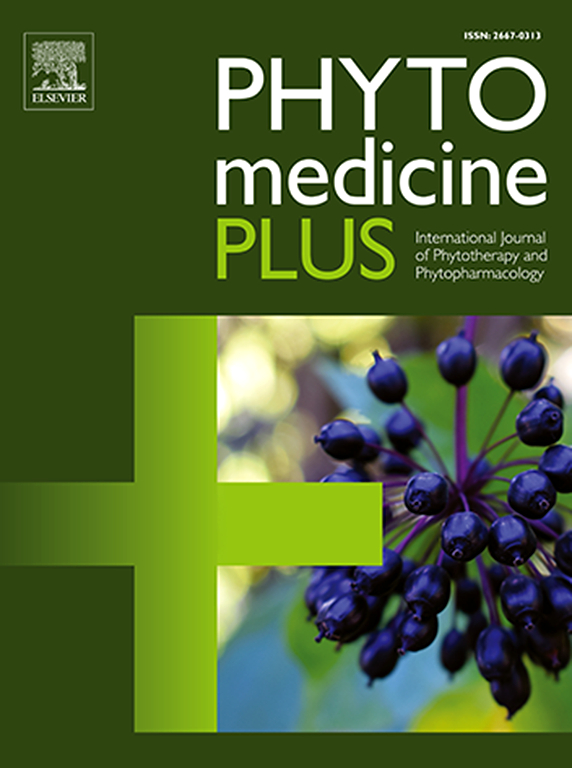Oridonin: A natural terpenoid having the potential to modulate apoptosis and survival signaling in cancer
Q3 Pharmacology, Toxicology and Pharmaceutics
引用次数: 0
Abstract
Background
Oridonin, a diterpenoid lactone derived from medicinal plants, has drawn considerable attention due to its therapeutic potential, particularly its anticancer properties. It demonstrates efficacy in inducing apoptosis, suppressing cancer cell proliferation, and sensitizing cells to conventional chemotherapeutics by modulating key signaling pathways like PI3K/AKT, MAPKs, and NF-κB.
Purpose
This article investigates the apoptotic mechanisms and anticancer potential of oridonin, including its modulatory effects on signaling pathways and its derivatives' enhanced efficacy against drug-resistant cancer cells.
Methods
A systematic literature search was conducted using Scopus, PubMed, SpringerLink, ScienceDirect, Wiley Online, and Web of Science databases, covering the period from 2007 to 2024. Keywords such as "Oridonin," "Apoptosis," "Cancer Cell Signaling Pathways," "PI3K/AKT," "ROS," and "Nanotechnology" were used, yielding 96 relevant studies.
Results
Oridonin induces apoptosis through intrinsic and extrinsic pathways, involving ROS amplification and mitochondrial membrane potential regulation. It modulates proteins like Bax, Bcl-2, cytochrome c, and caspases, leading to DNA fragmentation. Its derivatives, such as 13p, exhibit enhanced potency by arresting the G2/M phase and targeting drug-resistant cells with minimal toxicity. Advanced nano-delivery systems and combination therapies further enhance oridonin's therapeutic potential.
Conclusion
Oridonin demonstrates robust anticancer activity by modulating signaling pathways and inducing apoptosis. Its derivatives and novel delivery systems offer promising avenues for overcoming drug resistance and optimizing its therapeutic efficacy. Further research, including clinical trials, is necessary to fully harness its potential as a cancer treatment alternative.
求助全文
约1分钟内获得全文
求助全文
来源期刊

Phytomedicine Plus
Medicine-Complementary and Alternative Medicine
CiteScore
3.70
自引率
0.00%
发文量
178
审稿时长
81 days
期刊介绍:
 求助内容:
求助内容: 应助结果提醒方式:
应助结果提醒方式:


